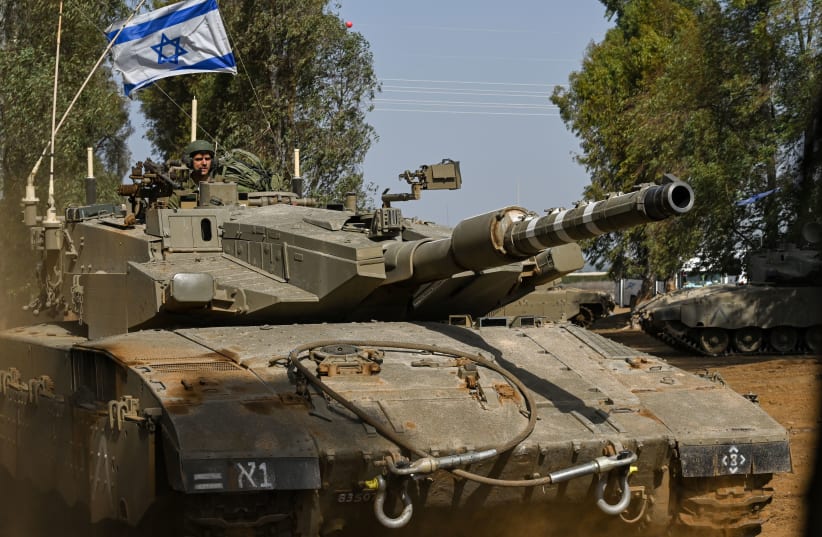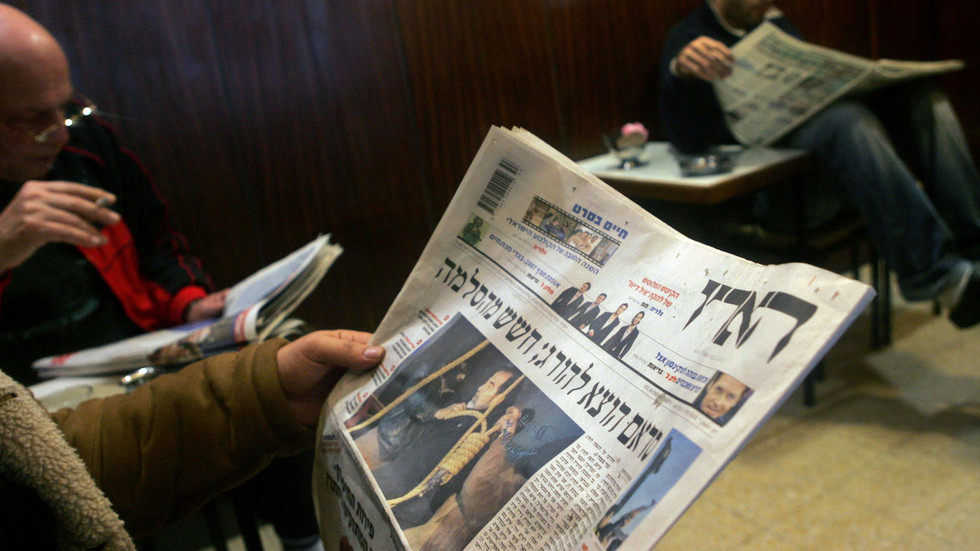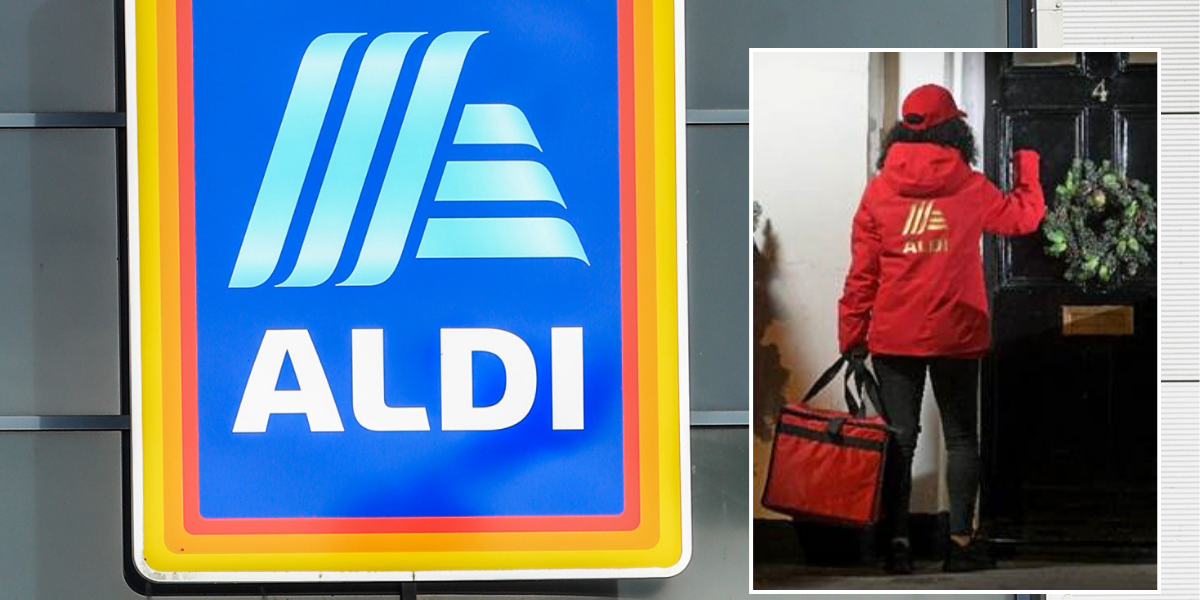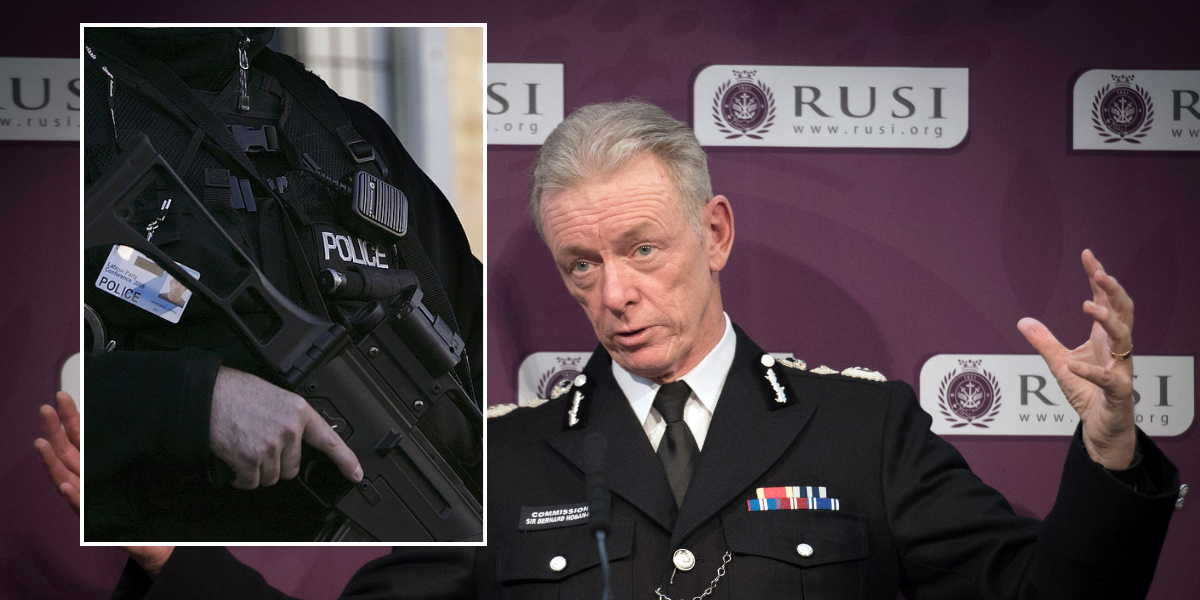Over the past year and two months, the 7th Brigade has added another impressive chapter to its legacy as the IDF's first armored brigade.
By AVI ASHKENAZI NOVEMBER 25, 2024 08:44 IDF reserve Infantry and Merkava Tank soldiers train in a military exercise in the Golan Heights on October 23, 2023
(photo credit: MICHAEL GILADI/FLASH90)
IDF reserve Infantry and Merkava Tank soldiers train in a military exercise in the Golan Heights on October 23, 2023
(photo credit: MICHAEL GILADI/FLASH90)
The operational activities of the IDF’s 7th Armored Brigade continue to achieve significant results, uncovering vast troves of Hezbollah weaponry in southern Lebanon as the brigade defends the North and helps maximize Israel’s leverage in ceasefire negotiations, the brigade’s commander, Colonel Elad Zuri said in a recent interview.
Over the past year and two months, the brigade has added another impressive chapter to its legacy as the IDF's first armored brigade. Since October 7, they have not stopped for a moment, participating in battles in Gaza and, for the past two months, engaging in three rounds of fighting in Lebanon.
"Our home is the State of Israel, and it must be defended both in the south and in the north," said Zuri.
The brigade's fighters have been operating for over a week in the northern region overlooking the town of Metulla and the Hula Valley.
"We are finding significant amounts of weaponry. When we were fighting in Gaza, I said it was hard to imagine the sheer number of tunnels. Here, I say—it's hard to imagine the quantity of weapons Hezbollah has accumulated and hidden. Almost every house we enter to search reveals weaponry. Some are wrapped in plastic and stored in homes converted into emergency depots for the organization, but we’ve also found launchers with missiles ready to fire at Israel," Zuri said.
"When you look southward, you see Israel, the northern communities. At a moment like this, my soldiers and I are filled with a sense of purpose. We stand here defending northern Israel—Metulla, the Hula Valley, and its communities."
According to Zuri, Hezbollah is in distress.
"I have no doubt the rocket fire shakes the public. However, our strikes against Hezbollah, at least on the ground, are highly effective. We clear structures, operate in complex terrain, and expose Hezbollah's assets. In recent days, there has been a decrease in the volume of rocket fire into Israel. The goal of our operations deep in the territory is to eliminate Hezbollah's threat and capabilities in the area."
Is it time to end the fighting in Lebanon?
"A diplomatic move always complements a military one. Generally, that's how wars end. The decision on when the military campaign has reached its conclusion lies with the policymakers. Our role is to provide tools and expand the operational boundaries to maximize achievements."
The 7th Brigade now faces the challenge of operating in the winter. Heavy rain fell on Sunday morning in the area where the brigade was fighting, and by evening, the temperatures had dropped to freezing.
Stay updated with the latest news!
Subscribe to The Jerusalem Post Newsletter
"We are well-prepared, but it's still very cold," Zuri said.
Zuri also mentioned that the brigade constantly evaluates the routes used by their tanks and engineering vehicles to prevent them from sinking or slipping in the mud.
"The Merkava tank has incredible resilience. Do we sometimes get stuck in the mud? Absolutely. Do we sometimes slip? Certainly. Do we occasionally tip over when a route collapses? It's a challenge. Due to the weather, we strive to assess the routes and plan our movements in advance. Some anti-tank missiles were fired at the tanks, but the ‘Trophy’ defense system worked well. Nonetheless, the weather remains a significant challenge."
Regarding Hezbollah’s combat capabilities, Zuri commented, "We encounter many enemy forces retreating. Northern Command has done a good job this year in striking Hezbollah's formations. At the same time, we face an entrenched enemy operating from houses and underground. We also encounter them in difficult face-to-face combat scenarios. In Gaza, we dealt with drones and trajectory-dependent fire."
Although the 7th Brigade is a regular unit, it relies heavily on reserve forces.
"Reservists are incredible people, and the State of Israel owes them a great deal. We are not a reserve brigade, but many of my forces are reservists. We aim to provide clarity to the reservists—if we call them up for three weeks, we strive to stick to that timeline and not extend it unnecessarily. Managing reservist fatigue is a significant challenge, but we are handling it well. At the brigade level, we've improved in our treatment of reservists, but is it sufficient? No. There’s still work to be done."
Last Friday, the next commander of the 7th Brigade was named. In a few months, Colonel Zuri will complete one of the most combat-intensive tenures for a 7th Brigade commander since its establishment. He has expressed his desire to take a year to study before pursuing another challenging position within the IDF’s combat framework.

 By The Jerusalem Post (World News) | Created at 2024-11-25 07:00:08 | Updated at 2024-11-25 09:31:46
2 hours ago
By The Jerusalem Post (World News) | Created at 2024-11-25 07:00:08 | Updated at 2024-11-25 09:31:46
2 hours ago








